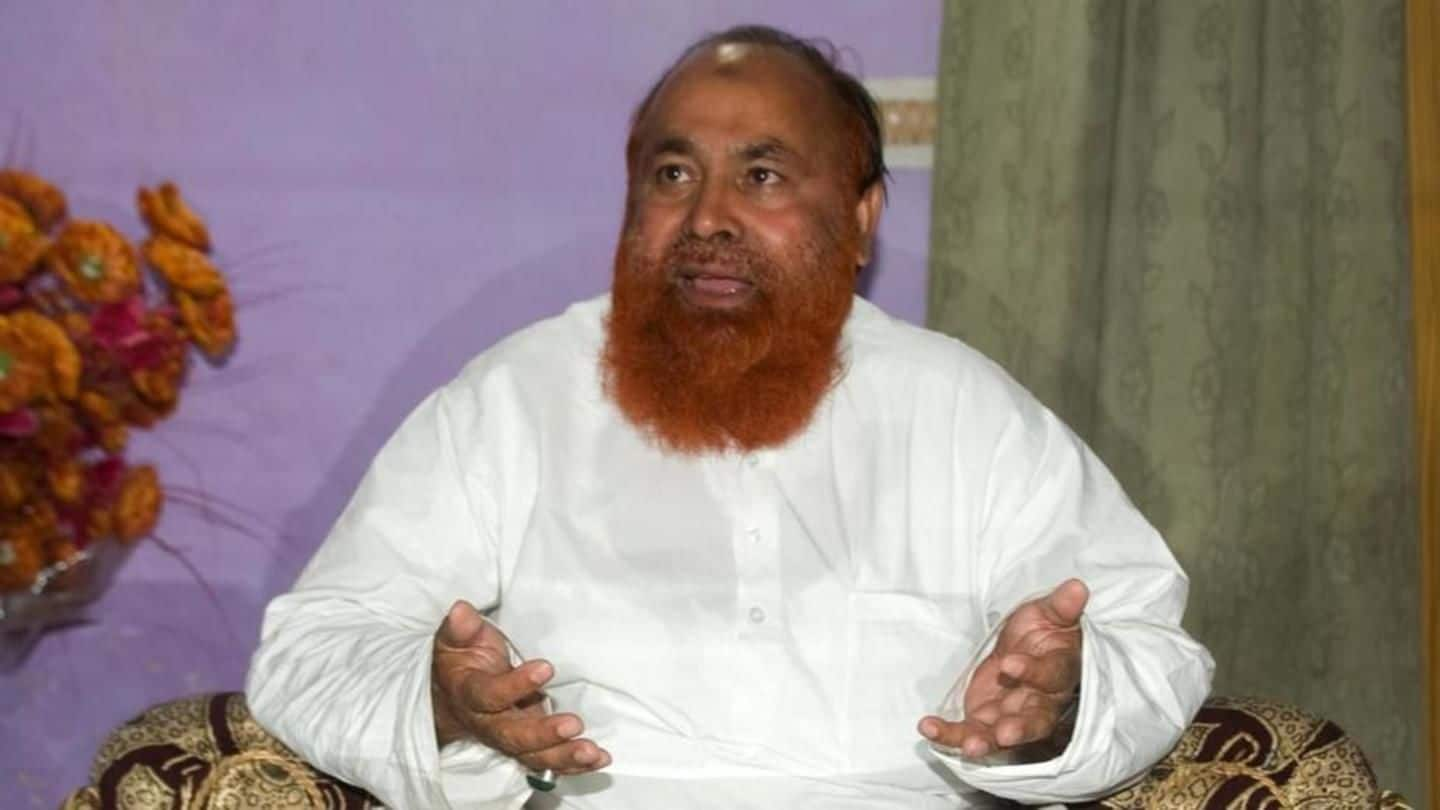
Triple talaq stops men from killing wives for cheating: SP-leader
What's the story
A Samajwadi Party (SP) leader has added another item to the list of most bizarre justifications for triple talaq. According to Riyaz Ahmed, men have only two options if a woman cheats: divorce or kill her. "Triple talaq is given so she isn't killed," he explained. If the BJP was a well-wisher of Muslim women, it should give them separate quota under the Women's Reservation Bill, he added.
Information
'Divorce recommended in three stages, triple talaq an option'
Speaking at a Bareilly event, Ahmed said Sharia laws advocate divorce in three stages; Triple Talaq has been kept as an option. The head of SP's minorities panel added that while people are debating triple talaq so much, Hindus file for more divorces than Muslims.
AIMPLB
AIMPLB quoted something similar earlier
Incidentally, Ahmed isn't the first to forward this explanation. Earlier, the All India Muslim Personal Law Board (AIMPLB) had said triple talaq provides 'security' to wives. "If there develops serious discord between a couple and husband doesn't want to live with his wife, legal compulsions may deter him. In such instances, he may resort to illegal, criminal ways of murdering or burning her alive."
Reasons
They have had a variety of other weird reasons
The AIMPLB has given more such outlandish reasons. Obtaining a legal divorce scandalizes a woman's character, they said. Legal divorces also "deter" re-marriage prospects, especially of women, they claimed. "It is not unknown that securing separation through courts takes a long time; this further deters the re-marriage prospects." It admitted that triple talaq is considered a "sin," but it is still a "valid and effective form of divorce."
Status
The triple talaq bill remains pending in Rajya Sabha
Last year, the SC termed triple talaq "unconstitutional" and directed the government to frame laws. The Triple Talaq Bill was passed in the Lok Sabha, but it has remained stuck in the Rajya Sabha. It is facing criticism from some parties over lack of provision of alimony to victims and "strict" penal provisions, among others. But the government is hopeful of passing it this parliament session.